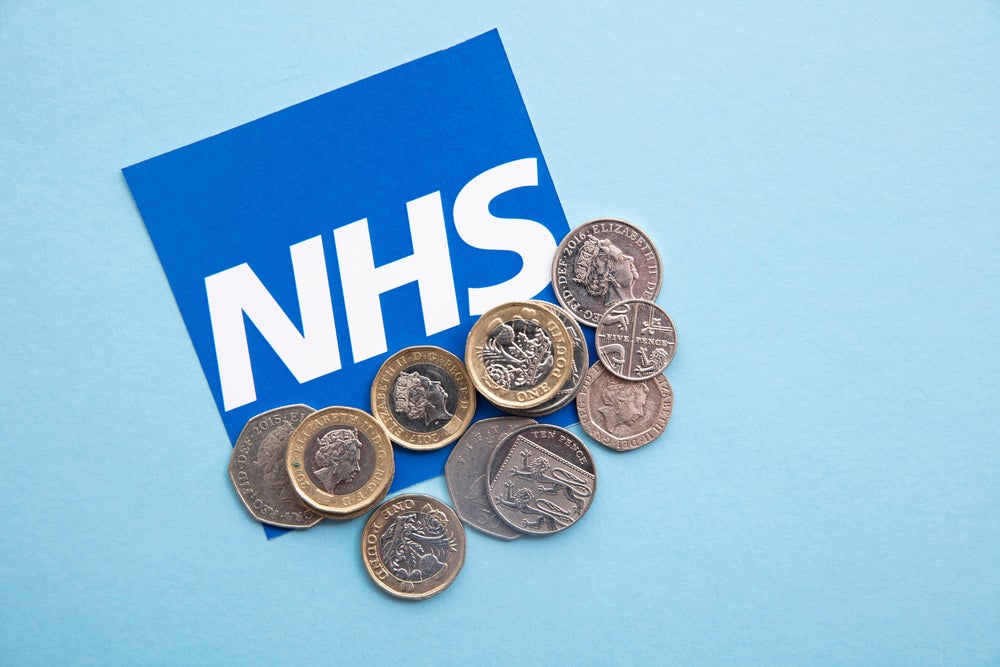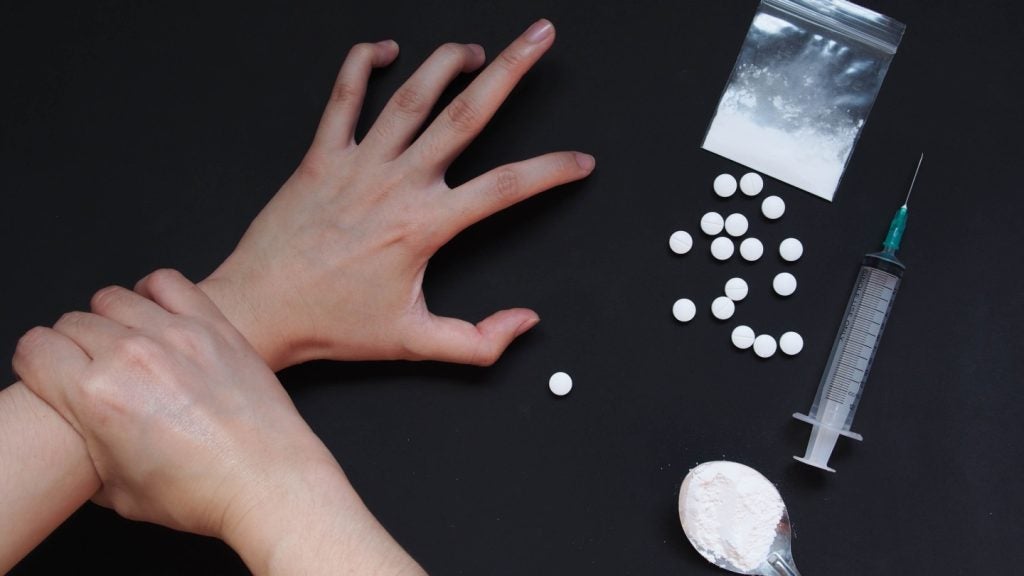Consultants for the National Health Service (NHS) have launched the first-ever joint strike action today (19 September), staging a walkout with junior doctors set to follow tomorrow. It comes as the UK government considers imposing ‘minimum service requirements’ in a bid to curtail disruption.
The NHS has confirmed that once junior doctors walk out, Christmas Day services will be provided, meaning only emergency care will be available. This current action comes ahead of further strike action set for early October. It follows a previous 10 months of strikes that have seen as many as 885,000 inpatient and outpatient appointments rescheduled nationwide.
Consultant doctors will be on strike between September 19 and 20, whilst junior doctors intend to strike from September 20, 21 and 22. The British Medical Association (BMA) has said that junior doctors are calling for full pay restoration, back to levels seen between 2008 and 2009.
NHS national medical director Professor Stephen Powis said: “The NHS has simply never seen this kind of industrial action in its history. This week’s first-ever joint action means almost all planned care will come to a stop, and hundreds of thousands of appointments will be postponed, which is incredibly difficult for patients and their families, and poses an enormous challenge for colleagues across the NHS.”
A vote by the BMA saw 71.25 per cent of their membership voting ‘yes’ for the industrial action, out of 61,862 members. Only 1.63 per cent of its membership voted against the action.
The strikes come after the UK Secretary of state for health and social care, Steve Barclay, revealed plans to force some doctors to work through strikes via the implementation of minimum service requirements.
The government is considering introducing minimum service level (MSL) regulations that would require some doctors and nurses to work during strikes, in a bid to protect patient safety.
Barclay said: “This week’s coordinated and calculated strike action will create further disruption and misery for patients and NHS colleagues.
“My top priority is to protect patients and these regulations would provide a safety net for trusts and an assurance to the public that vital health services will be there when they need them.
“Doctors who started their hospital training this year are receiving a 10.3% pay increase, with the average junior doctor getting 8.8% and consultants are receiving a 6% pay rise alongside generous reforms to their pensions, which was the BMA’s number one ask.”
The BMA has insisted the strike action is necessary as the pay scale of junior doctors and consultants has routinely failed to keep up with inflation, despite small pay increases. As a result, junior doctors have seen a pay cut of more than a quarter since 2008.
The strike action also comes alongside a series of protests with a national rally planned by the BMA set to take place outside of the Conservative Party Conference in Manchester on October 3.
A spokesperson for the BMA said: “With our renewed mandate, it is now time to escalate our action. This autumn, we will stand shoulder to shoulder with our consultant colleagues and take joint action for the first time in this dispute.”















